When buying a home, you'll often hear terms like earnest money and down payment. While both involve payments during the home-buying process, they serve different purposes. Understanding the distinction between earnest money vs down payment can help you avoid confusion and make informed financial decisions. In this article, we’ll break down the key differences and why each payment matters to homebuyers.
What Is Earnest Money?
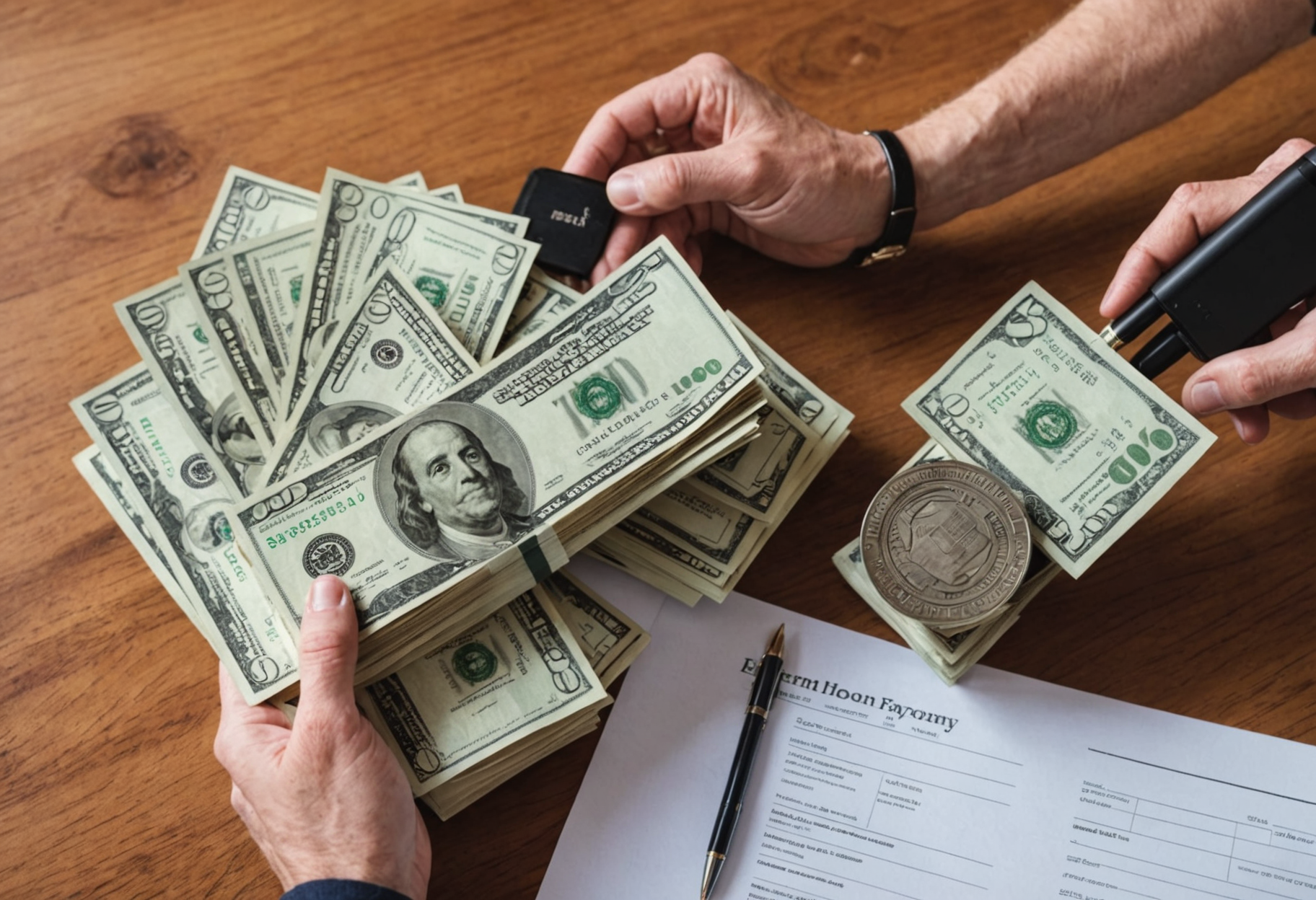
Earnest money is a good faith deposit made by the buyer to show their serious intent to purchase a home. Typically, this payment is given when signing the purchase agreement and is held in an escrow account. The amount varies but usually ranges from 1% to 3% of the home's price. If the deal falls through for a valid reason, such as a failed inspection or financing issue, the buyer may get their earnest money back..
What Is A Down Payment?

A down payment is a lump sum payment made at closing that represents a portion of the home's total purchase price. Lenders require this payment to reduce their risk and establish equity in the home. The amount depends on the type of loan, but conventional loans often require 10% to 20% down. Government-backed loans, like FHA or VA loans, may require lower or no down payments..
When Is Earnest Money Paid?

Earnest money is typically paid shortly after the purchase agreement is signed. This deposit reassures the seller that the buyer is serious about the transaction. It's usually held in escrow to ensure that neither party misuses the funds before closing. If the deal is canceled for a reason covered in the contract, the buyer can recover their earnest money..
When Is A Down Payment Made?
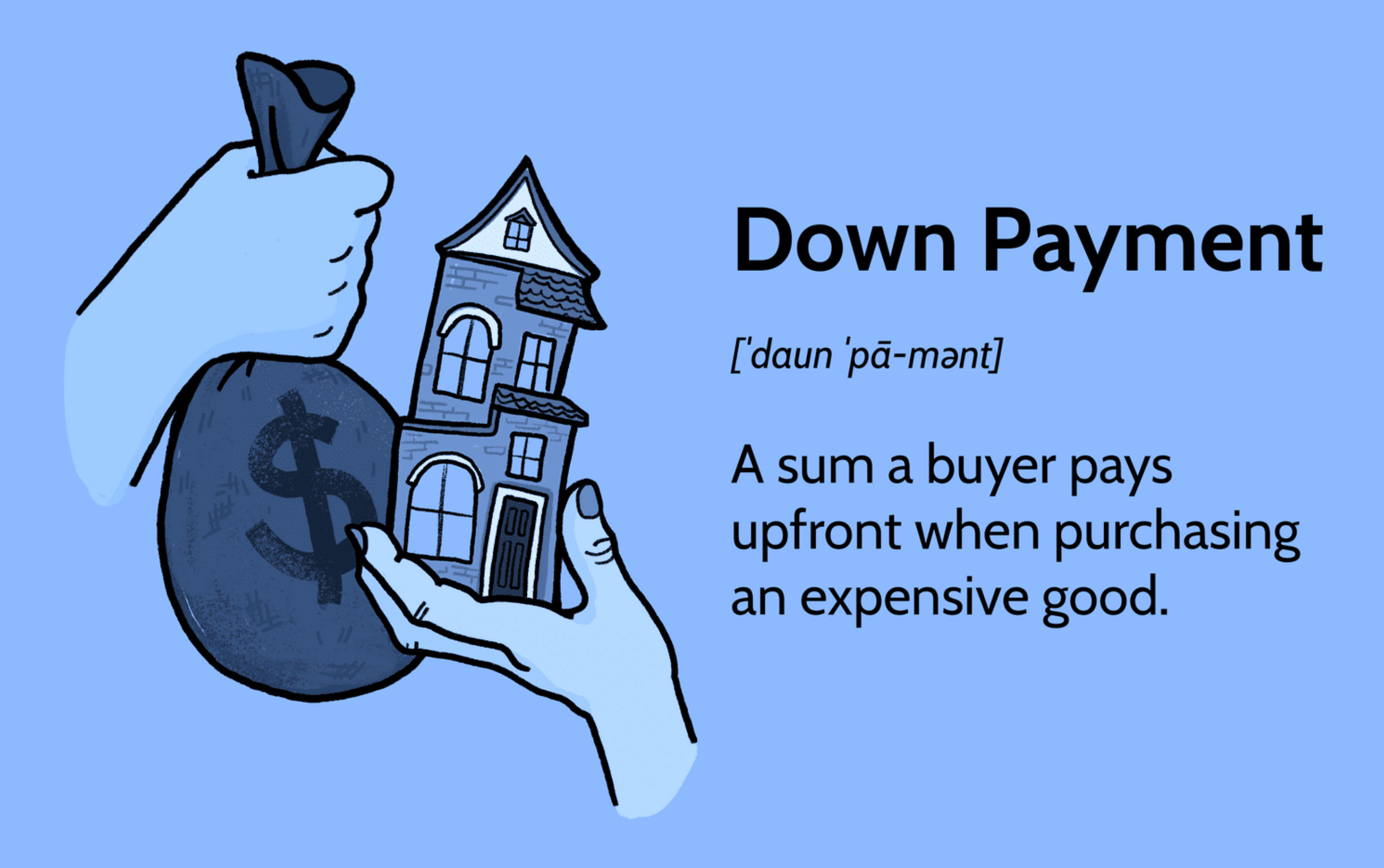
Unlike earnest money, which is paid early in the home-buying process, the down payment is made at the closing stage. This payment is essential because it determines how much financing a buyer needs. The larger the down payment, the lower the mortgage loan and the better the potential interest rates..
Are Earnest Money and Down Payment Refundable?
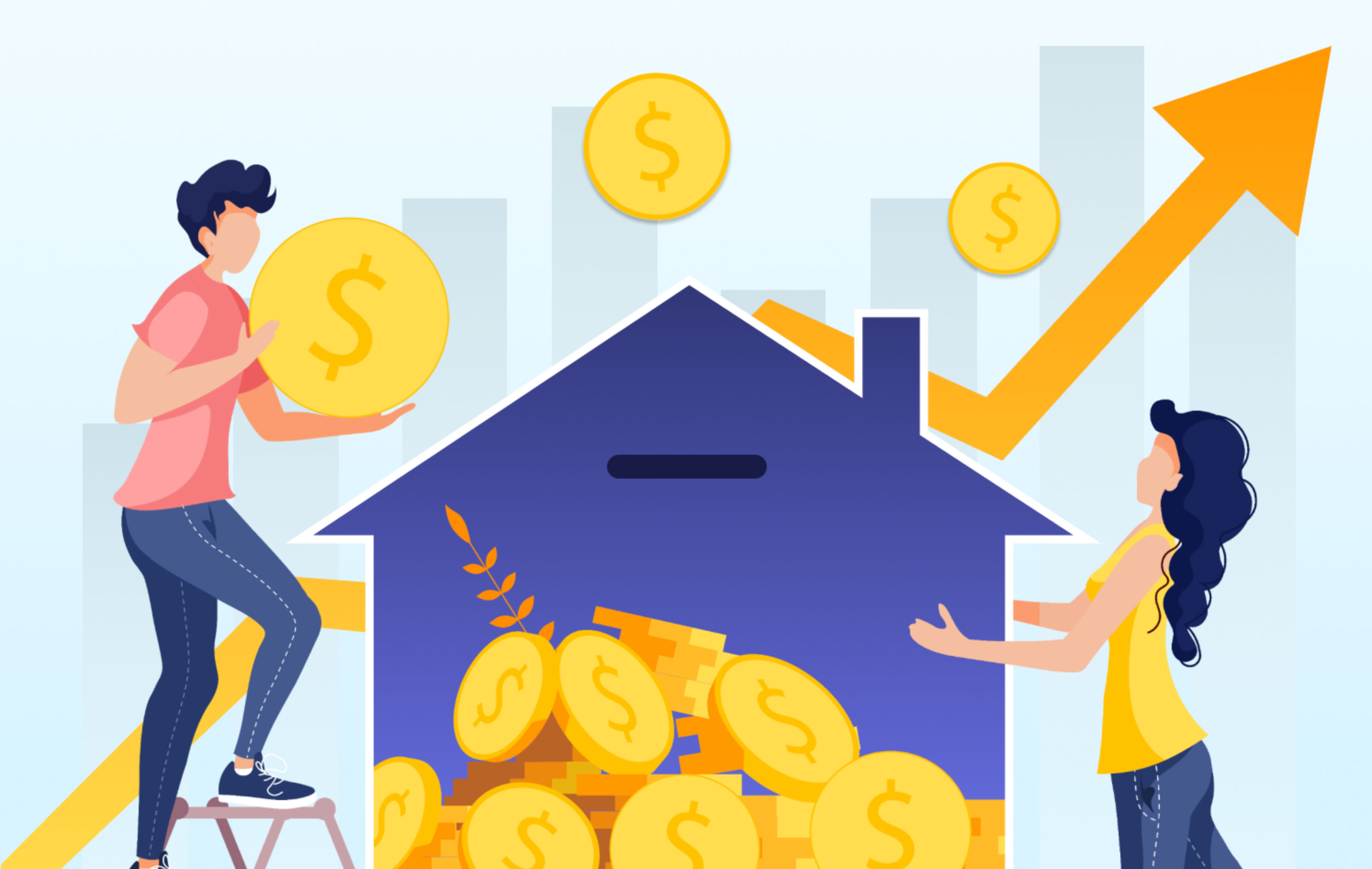
Earnest money can be refundable under specific conditions outlined in the contract, such as contingencies related to inspection or financing. However, if the buyer backs out without a valid reason, they may forfeit their earnest money. The down payment, on the other hand, is not refundable since it directly contributes to the purchase of the home..
Can Earnest Money Be Applied To The Down Payment?
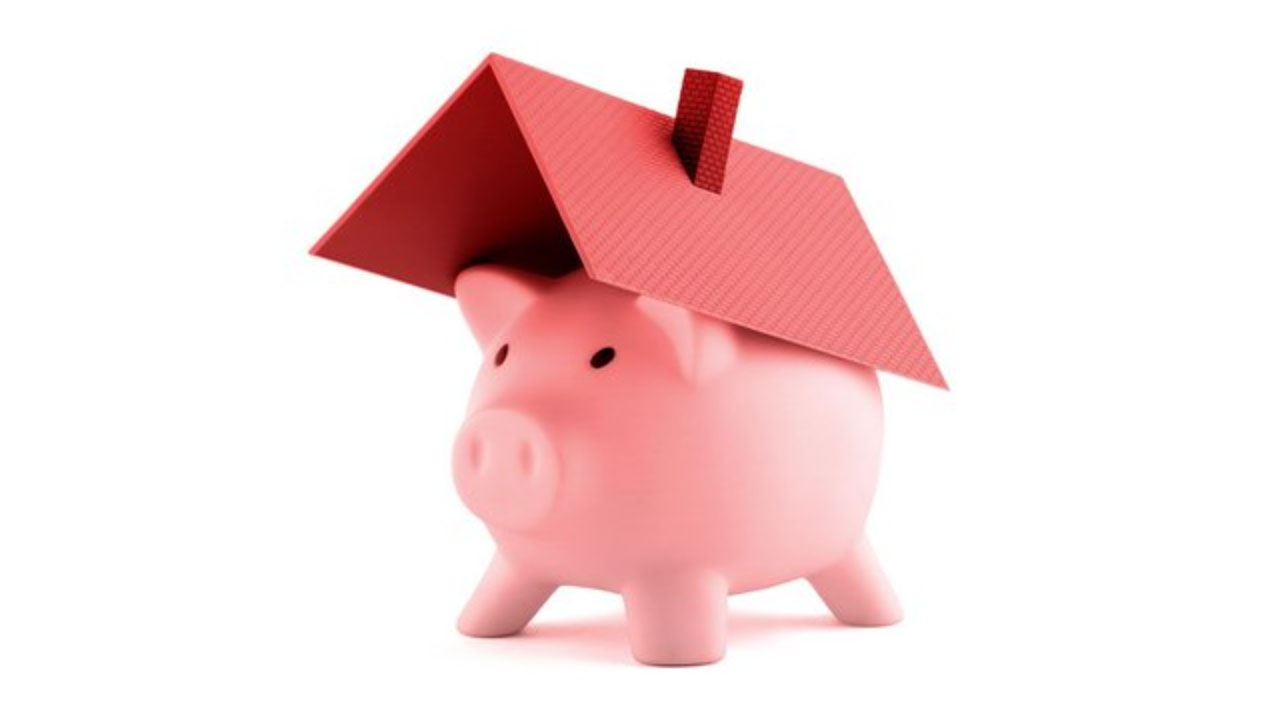
Yes! If the home purchase goes through, the earnest money is usually credited toward the down payment or closing costs. This means that while the earnest money is a separate initial payment, it ultimately reduces the amount owed at closing..
Why Are Both Payments Important?
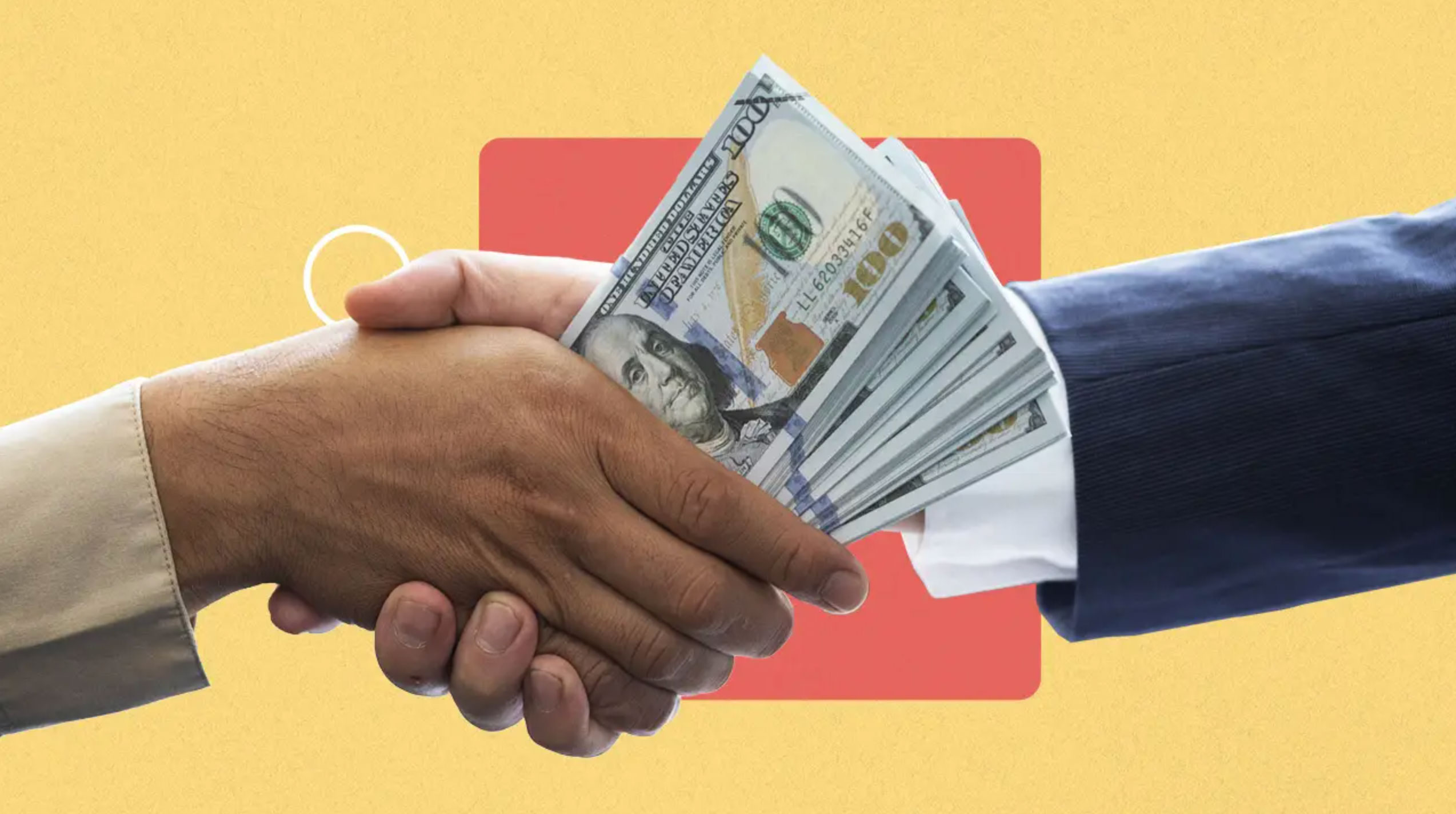
Earnest money and down payments play vital roles in the home-buying process. Earnest money secures the buyer's intent and gives the seller confidence in the transaction. The down payment, however, helps buyers secure better mortgage terms and build instant equity in the home. Understanding how they work together can help buyers budget effectively for their purchase..
Understanding the difference between earnest money vs down payment is crucial for homebuyers. While earnest money serves as a good faith deposit to assure the seller, the down payment is a critical financial commitment made at closing. Both contribute to a successful home purchase, and knowing how they work can help buyers make informed decisions. By planning ahead, you’ll be well-prepared to navigate the home-buying process with confidence.


